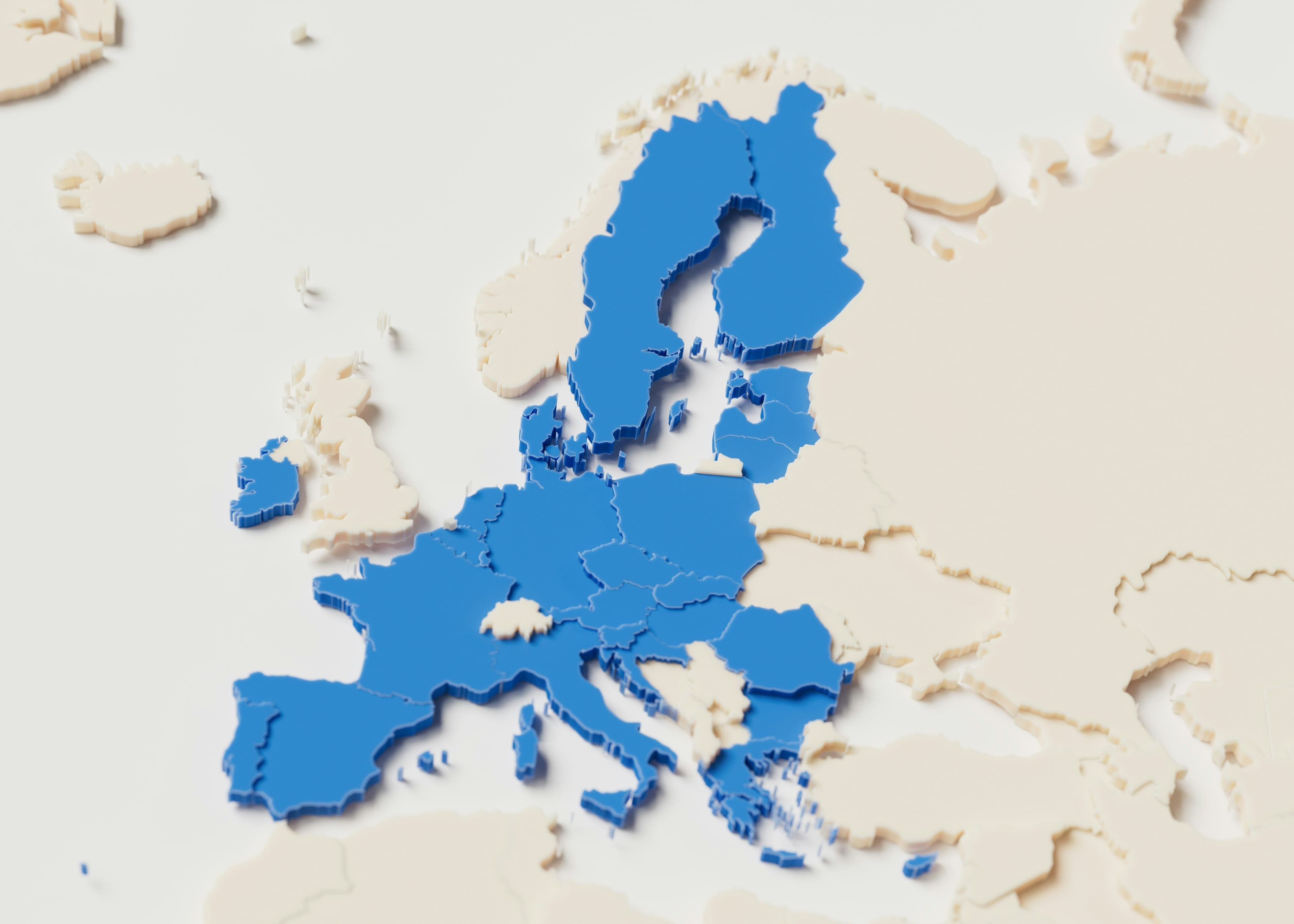In 2023, 1.1 million people obtained EU citizenship

Planet Volumes, Unsplash
According to Eurostat data, 1.1 million people will acquire citizenship of European Union countries in 2023, 6.1 per cent more than in 2022 (+60,200). The vast majority (87.6 per cent) of the new citizens were from non-EU countries, while 10.7 per cent had previously held citizenship of another Union Member State.
Spain was the leader in the number of citizenships issued, receiving 240,200 new citizens (22.9% of the total). Italy (213,600, 20.3 per cent) and Germany (199,800, 19.0 per cent) followed. These countries traditionally receive large numbers of migrants and also have simplified citizenship procedures for certain groups, such as descendants of migrants.
The largest number of new Europeans in 2023 were Syrians with 107,500. They were followed by Moroccans (106,500) and Albanians (44,400). EU citizenship was also frequently obtained by people from Turkey, Pakistan and Brazil. The main reasons for obtaining citizenship were naturalisation after long residence in the country, family reunification and special programmes for refugees.
The highest naturalisation rate - 7.9 citizenships per 100 non-residents - was registered in Sweden. Romania ranked second (5.9) and Italy third (4.1). At the same time, the lowest naturalisation rates were observed in the Baltic States: Lithuania (0.1), Latvia (0.4) and Estonia (0.5), where obtaining citizenship for foreign residents remains a complicated procedure.





